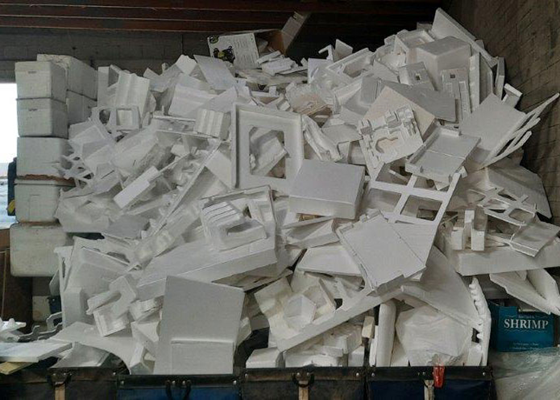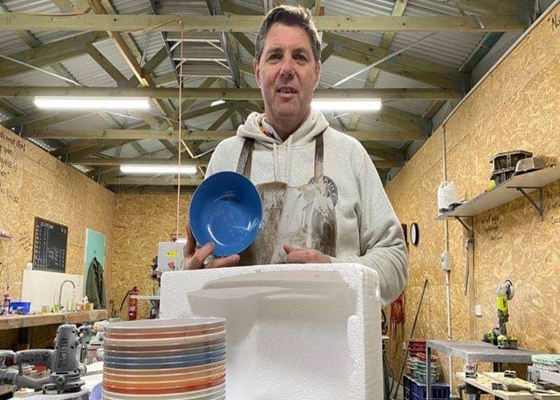“About 58,000 tonnes of EPS was consumed in Australia, one of the central issues with EPS is the low recovery rate of the material, with just 6,600 tonnes of all EPS consumed in Australia being recovered for either domestic or offshore reprocessing,” Ms. Garofano, the head of the not-for-profit’s circular economy development unit, said. This equates to about an 11.4 % recovery rate so that means nearly 90 % of all the EPS consumed in Australia ends up in landfill, where, due to its low weight-size ratio, it takes up substantial space and stays in its form for hundreds of years.
Brad Scott began recycling two years ago with his start-up in South Australia, transforming used plastic bread tags into food-safe bowls. He has now turned his attention to another kind of waste, EPS. Because he heard that EPS can be reused, he intends to challenge the recycling of this waste to help Australia solve the EPS recycling problem as soon as possible. In fact, GREENMAX has already developed a complete recycling scheme for EPS recycling and is widely favored by industry insiders.
GREENMAX has designed and produced various types of EPS recycling machines. These machines are very popular in related industries, such as recyclers, furniture merchants, fish merchants, catering industries, etc. One of the most popular is the EPS compactor. With this kind of EPS recycling machine, EPS can be compressed at any time. Compressing EPS is a crucial step in the EPS recycling process. The air in EPS is squeezed out to form dense EPS blocks, which reduces the bulky EPS to one-fifth of its original volume. Therefore, EPS compactors reduce the transportation costs for our customers during the recycling process and also save storage space for them to keep the factory and warehouse environment tidy.
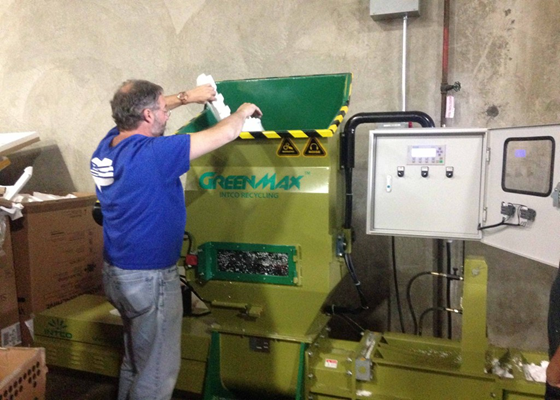
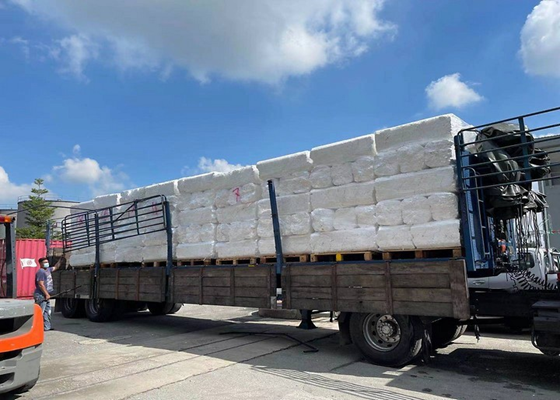
GREENMAX always thinks of customers. We buy back compressed EPS to provide customers with one-stop service and help customers to achieve economic closed-loop. Using EPS compactors is just a small step in this recycling process. GREENMAX uses these compressed EPS to make plastic pellets and then uses these plastic pellets to make environmentally friendly frames, including photo frames, picture frames and skirting. GREENMAX has maintained a good cooperative relationship with many customers for many years such as Muijs Seafood, which utilizes EPS recycling machines to process EPS fish boxes, and Full Pack, which utilize EPS compactors to handle EPS marine buoys.
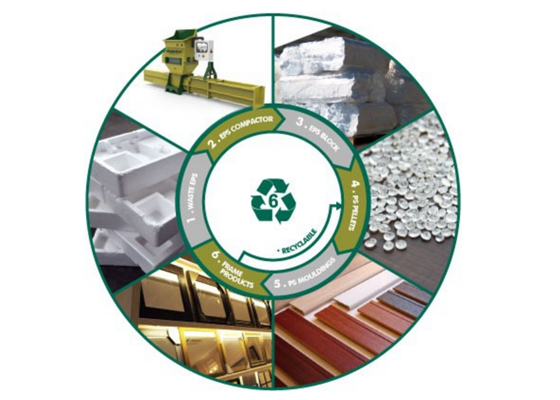
If you are interested in our recycling method, please feel free to contact us, hoping you can share our articles with friends in need, so that this green EPS recycling method can enter people’s lives.
